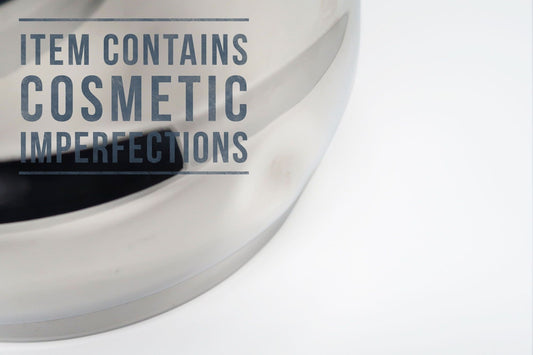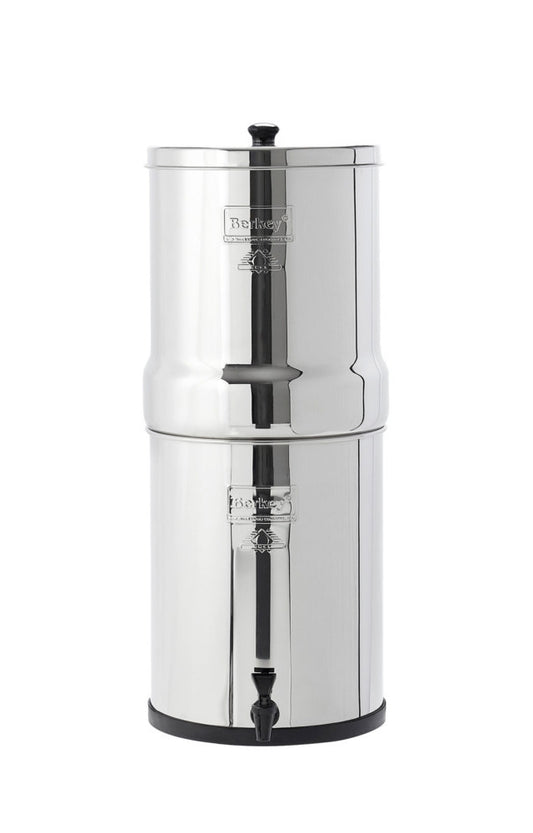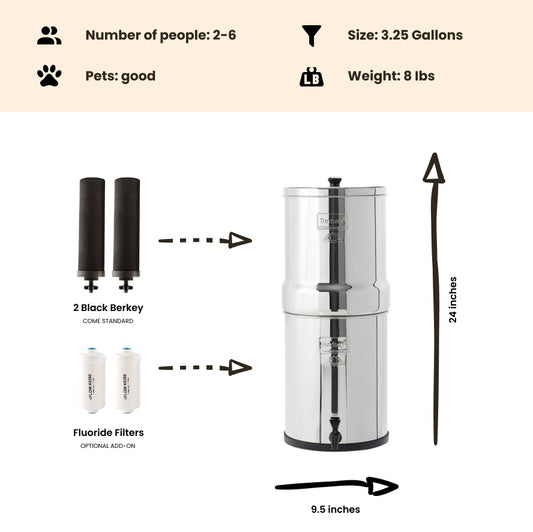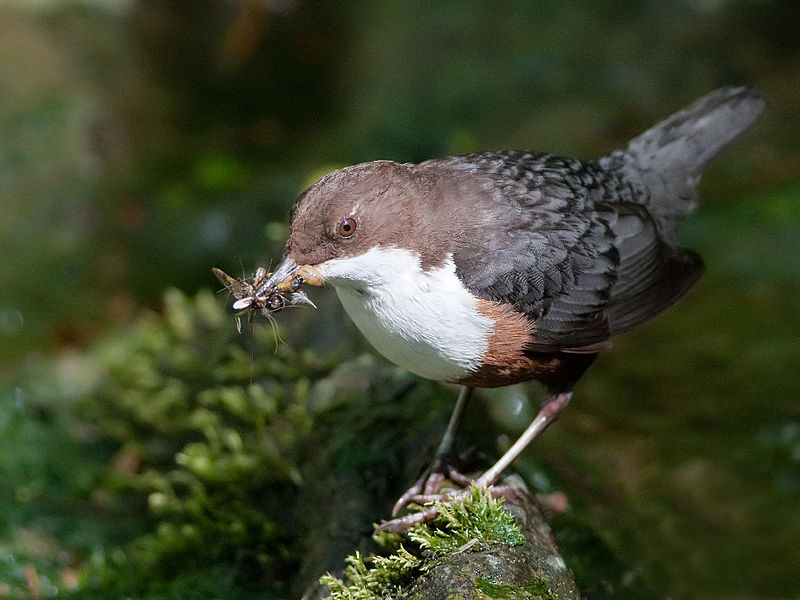
Pollutants in Urban Rivers Suppress Chick Development
By Dan DeBaunShare
A new study has revealed that hormone disrupting contaminants found in urban waterways are stunting the development of wild bird chicks and having a negative impact on the health of wild bird populations nesting on urban river banks in South Wales.
The results of the study, which was recently published in the scientific journal Environmental Toxicology and Chemistry, shows that urban Eurasian Dipper chicks -- a bird that dwells near rivers and depends entirely on insects, invertebrates and fish from upland streams for its survival -- weigh much less compared to chicks of the same species sampled at rural nests.
Birds nesting along urban rivers also have disrupted hormones, and fewer females are being produced in urban populations compared to their rural counterparts. Biologists are concerned that this could ultimately negatively impact future breeding and survival of the affected urban populations.
Mad-Made Pollutants Hurting The Wildlife
After analyzing the available data, the research team consisting of biologists from the Universities of Saskatchewan, Cardiff and Exeter, and the Natural Environment Research Council, concluded that urban pollutants such as PBDE (polybrominated diphenyl ethers) chemicals used in flame-retardants and PCBs (polychlorinated biphenyls) that the birds ingest with the food they eat are the culprits. The results of the study showed that PBDE and PCB contamination was strongly correlated to a reduction in thyroid hormone levels in urban chicks -- with one particular thyroid hormone level being as much as 43% lower than chicks assessed along rural rivers.
"Our findings are important in showing that pollutants are still a source of concern for the wildlife along Britain's urban rivers despite very major recovery from the gross pollution problems of the past", said Professor Steve Ormerod from Cardiff University School of Biosciences, a co-author of the paper, who has been researching river systems for 35 years. "Wild birds, such as dippers, are very important indicators of environmental well-being and food-web contamination, and we need to know if populations, other species – or even people - are also at risk."
While this study is UK based, these are common urban pollutants and the implications to wildlife and possibly human health is universal.
"We've known for some time that endocrine disrupting substances – the so-called 'gender-bending' chemicals from sewage and other waste water – can affect normal sex development in fish," said lead author Dr Christy Morrissey from the University of Saskatchewan's School of Environment and Sustainability. "These are some of the first data to show that PCBs and PBDEs might be causing thyroid disruption in wild birds and interfering with normal animal development."
Previous studies conducted by the researchers have shown that Dippers residing along once heavily polluted urban rivers are exposed to a concoction of chemical pollutants, dominated primarily by PCBs and PBDEs -- both known endocrine disruptors. Scientists have recognized that changes in thyroid hormone levels can be used to predict developmental effects in wildlife resulting from exposure to these contaminants.
Exposure to thyroid hormone disrupters can affect birds in various ways, including: stunted growth; impaired immune system; impaired cognitive ability; abnormal behavior and motor activity that can continue through to the adult life-stage.
Dipper Birds Are An Indicator Species
Dippers are apex predators, and are therefore a valuable indicator species that can be used to monitor river health and to assess whether urban pollutants are having an impact on wildlife reproduction and the development of young. The biologists plan to continue this research, with the next phase examining whether the changes in thyroid hormone levels and sex ratios will impact the fitness and survival of individual birds, and whether this could impact the dynamics of the broader population. Another key focus is to pin-point the exact source/s of the contamination.
John Clark, a Futurescape Officer at the Royal Society for the Protections of Birds (RSPBs), sums up the findings: "The return of Dippers to urban rivers is a fantastic outcome of pollution reduction in the UK. However, this study highlights the importance of birds as an indicator that some pollutants still persist in our rivers at harmful levels. We need to work in partnership with water companies, regulators, statutory agencies and communities at a catchment scale to address those practices that continue to introduce damaging chemicals to our rivers."
Journal Reference:
Christy A. Morrissey, David W.G. Stanton, Charles R. Tyler, M. Glória Pereira, Jason Newton, Isabelle Durance, Steve J. Ormerod. Developmental impairment in eurasian dipper nestlings exposed to urban stream pollutants. Environmental Toxicology and Chemistry, 2014; DOI: 10.1002/etc.2555
-
Regular price From $302.00 USDRegular priceUnit price / per
-
Regular price $234.00 USDRegular priceUnit price / per
-
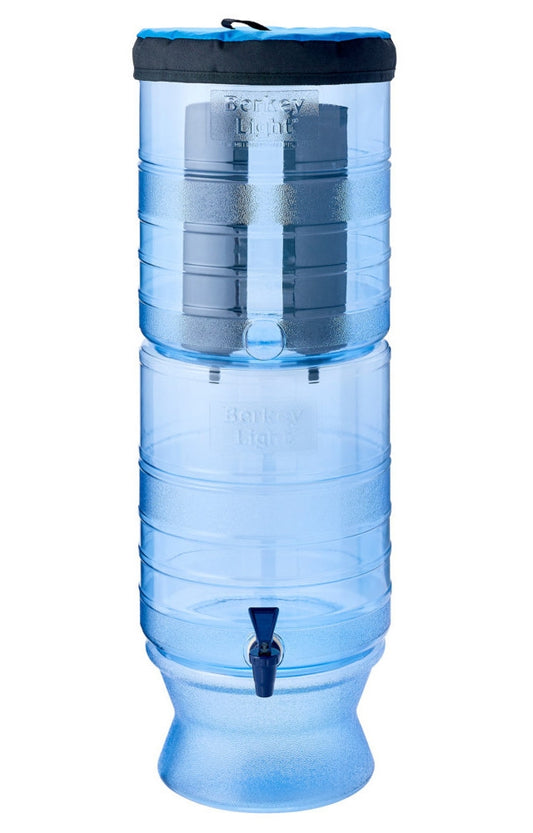
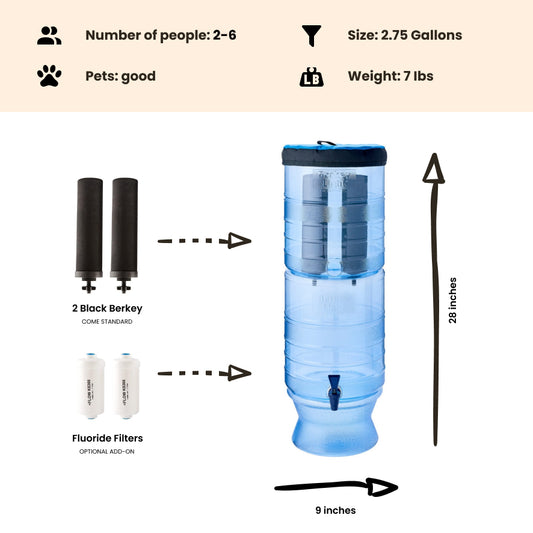 Sold outRegular price From $305.00 USDRegular priceUnit price / per
Sold outRegular price From $305.00 USDRegular priceUnit price / per -
Regular price $327.00 USDRegular priceUnit price / per
-
Regular price From $367.00 USDRegular priceUnit price / per
-
Regular price From $408.00 USDRegular priceUnit price / per
-
Regular price From $451.00 USDRegular priceUnit price / per

Dan DeBaun
Dan DeBaun is the owner and operator of Big Berkey Water Filters. Prior to Berkey, Dan was an asset manager for a major telecommunications company. He graduated from Rutgers with an undergraduate degree in industrial engineering, followed by an MBA in finance from Rutgers as well. Dan enjoys biohacking, exercising, meditation, beach life, and spending time with family and friends.
~ The Owner of Big Berkey Water Filters



